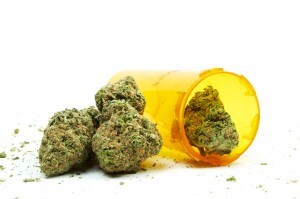 They say you shouldn’t judge a book by its cover, but there’s not a lot of harm if you do—maybe you buy a boring book. If you judge a wine by its label, you may not enjoy the flavor much, but it will reliably give you a relaxing buzz. But if you judge a cannabis strain by its name, you may end up bringing home something that won’t help your ailment at all, or worse, something that will aggravate your symptoms instead of reducing them.
They say you shouldn’t judge a book by its cover, but there’s not a lot of harm if you do—maybe you buy a boring book. If you judge a wine by its label, you may not enjoy the flavor much, but it will reliably give you a relaxing buzz. But if you judge a cannabis strain by its name, you may end up bringing home something that won’t help your ailment at all, or worse, something that will aggravate your symptoms instead of reducing them.
Cannabis strain names run the gamut from vaguely informative to completely bonkers. Some are named for their scent, flavor, or appearance (Lemon Diesel, Blackberry Kush,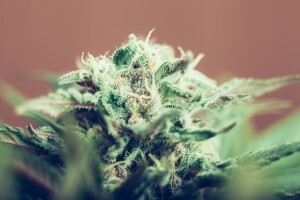 Orange Crush). Others are named whimsically, even poetically (Girl Scout Cookies, Star Nebula, Shadow Dancer). And then there are the ones that you could never imagine Grandma ordering for her glaucoma (Cat Piss, Purple Monkey Balls, Alaskan Thunderf*ck). All of these names may be evocative, but they are not super informative.
Orange Crush). Others are named whimsically, even poetically (Girl Scout Cookies, Star Nebula, Shadow Dancer). And then there are the ones that you could never imagine Grandma ordering for her glaucoma (Cat Piss, Purple Monkey Balls, Alaskan Thunderf*ck). All of these names may be evocative, but they are not super informative.
Instead of choosing your medical cannabis by name, you should choose it by strain (indica, sativa, or hybrid) and chemical content (levels of THC and CBD). If you’re struggling with insomnia, you’ll want an indica with a high percentage THC content to make you sleepy. If you’re fighting depression and pain, a sativa with a higher percentage of CBD will pick you up and sooth your nerves. A well-trained budtender or cannabis expert can give informed suggestions for which medicine would be best for you.
 At our recent conference Medical Cannabis: The Science Behind the Hype, a cerebral palsy patient named Jacqueline Patterson spoke about her experience treating her motor control, pain, and speech difficulties with medical cannabis. She has tried various strains for her varied symptoms, often going by the one that had the best name. After much trial and error, she has established a relationship with a grower who gives her Mr. Nice. But she said her all-time favorite strain was The Sh*t that Killed Elvis.
At our recent conference Medical Cannabis: The Science Behind the Hype, a cerebral palsy patient named Jacqueline Patterson spoke about her experience treating her motor control, pain, and speech difficulties with medical cannabis. She has tried various strains for her varied symptoms, often going by the one that had the best name. After much trial and error, she has established a relationship with a grower who gives her Mr. Nice. But she said her all-time favorite strain was The Sh*t that Killed Elvis.
While Jacqueline’s story was sweetly funny and very moving (there was not a dry eye in the house), it illustrated a major problem facing the medical cannabis industry today: the strain names are sometimes amusing, but they undercut the legitimacy of cannabinoid medical treatment. It’s very hard for a nurse to say with a straight face, “I want you to try the hybrid of Grand Daddy Purple and Grape Ape.”
the house), it illustrated a major problem facing the medical cannabis industry today: the strain names are sometimes amusing, but they undercut the legitimacy of cannabinoid medical treatment. It’s very hard for a nurse to say with a straight face, “I want you to try the hybrid of Grand Daddy Purple and Grape Ape.”
Charlotte Igo, a palliative nurse in Phoenix who also spoke at  the conference, expressed her frustration with the clash between the “Snoop Dogg” recreational marijuana culture and the elderly patients she treats who could benefit from cannabis. She could only get five percent of her patients to even try medicinal cannabis, and they were not comforted by the delivery guy in the tie-dyed shirt.
the conference, expressed her frustration with the clash between the “Snoop Dogg” recreational marijuana culture and the elderly patients she treats who could benefit from cannabis. She could only get five percent of her patients to even try medicinal cannabis, and they were not comforted by the delivery guy in the tie-dyed shirt.
“The marijuana industry does not effectively validate itself as a legitimate alternative to well known medications,” she said. “The industry itself will need to decide what it wants to be when it grows up.”
Until that happens, try not to judge your medical cannabis by its name. Look for testing information from a reliable laboratory. And look for a knowledgeable budtender or cannabis expert who can help you select the right strain for your needs.

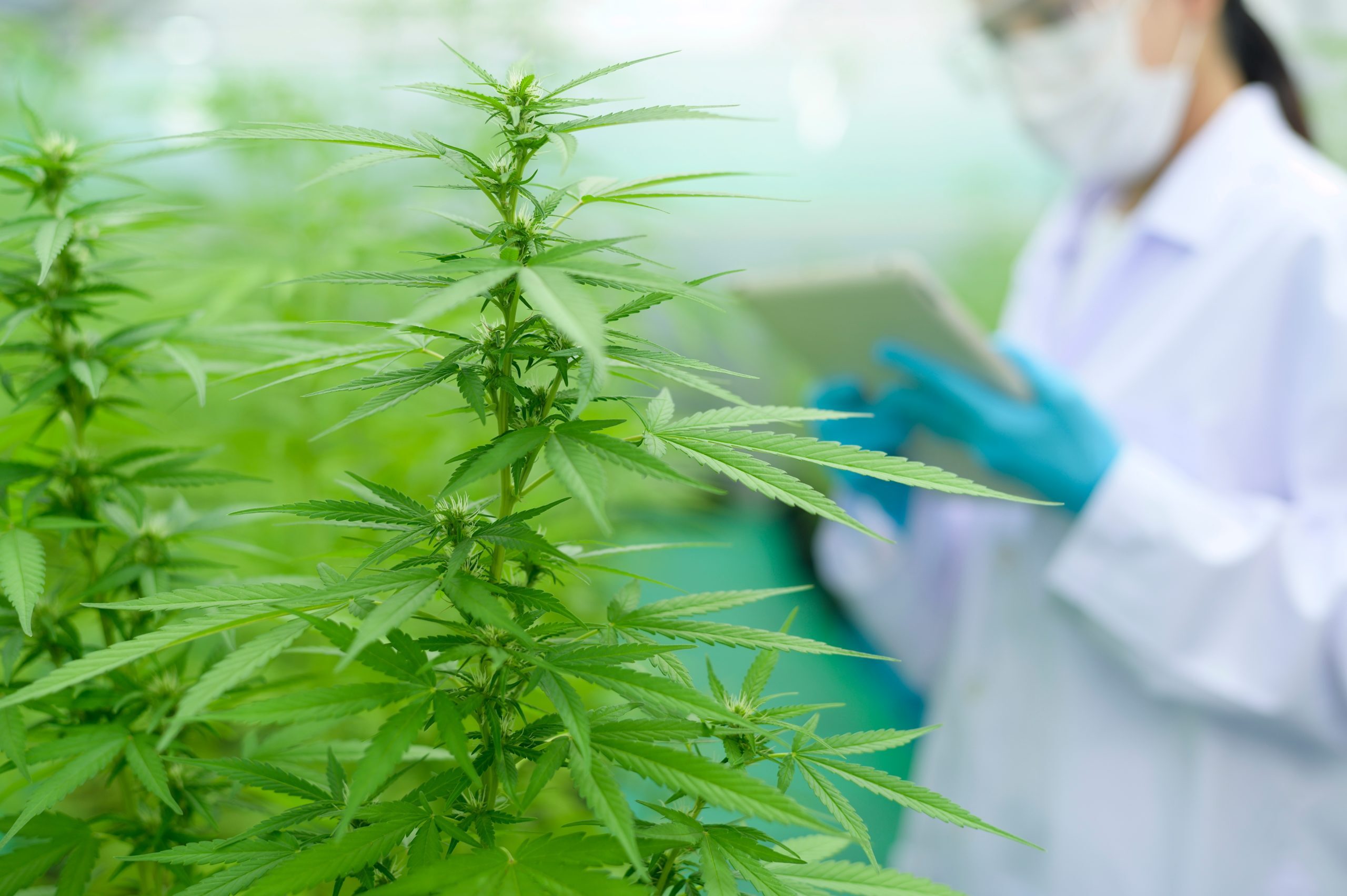

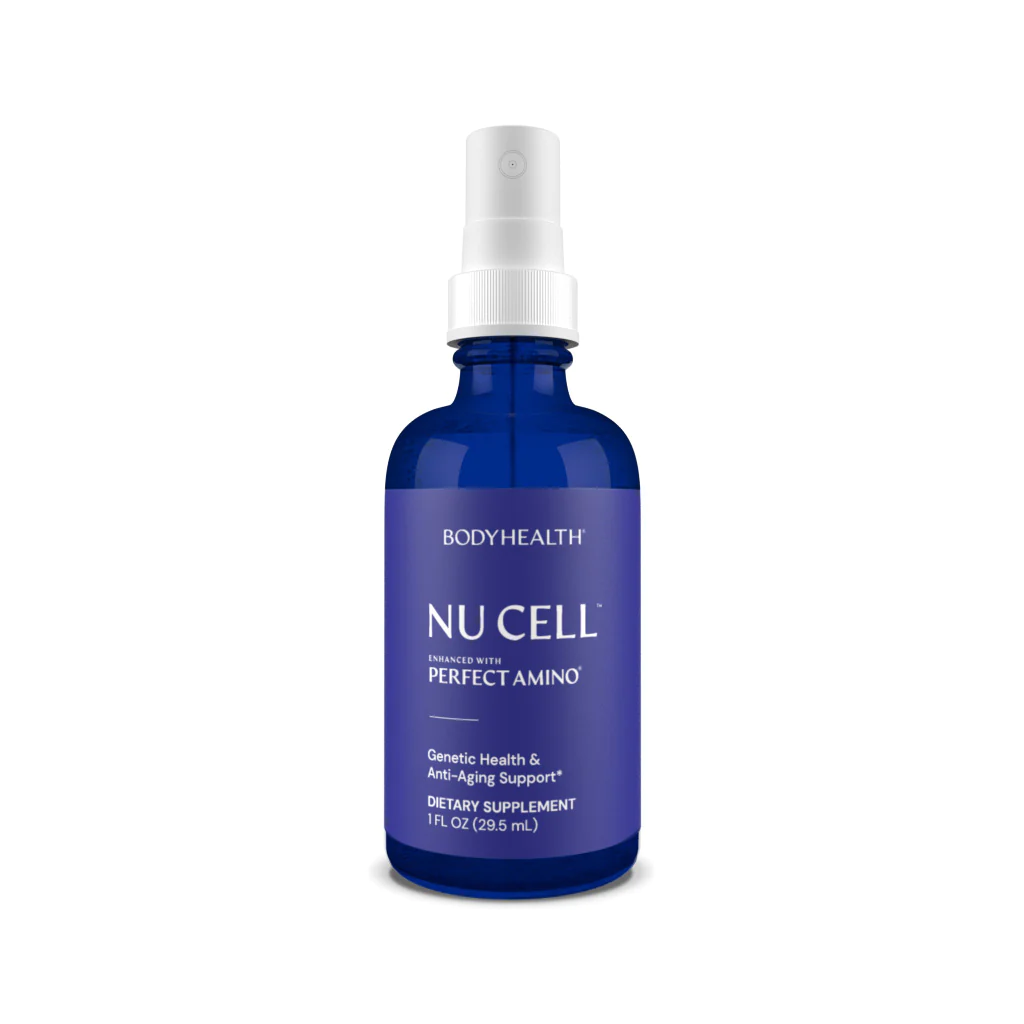
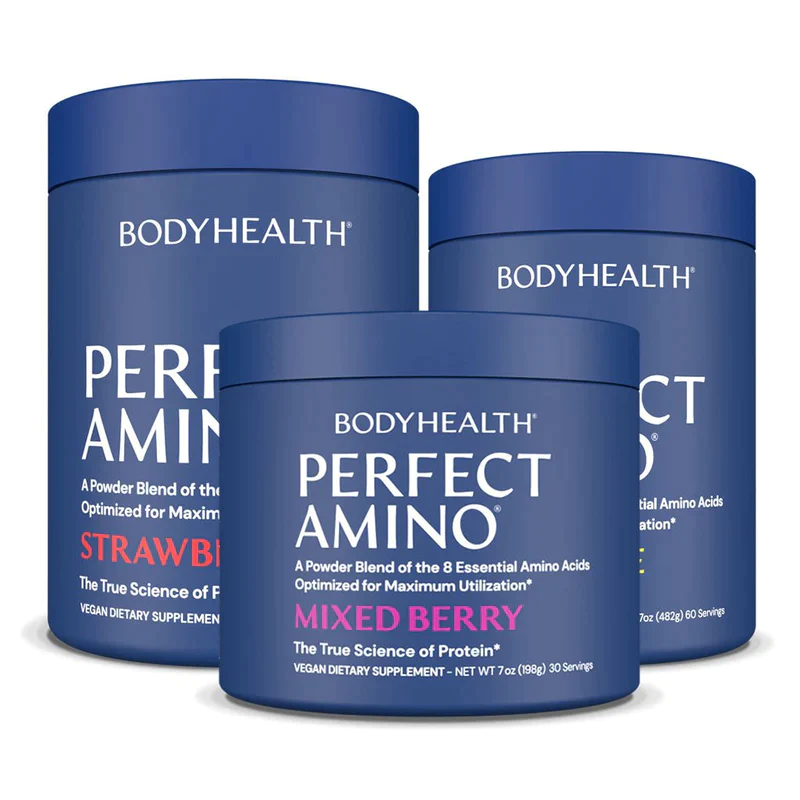
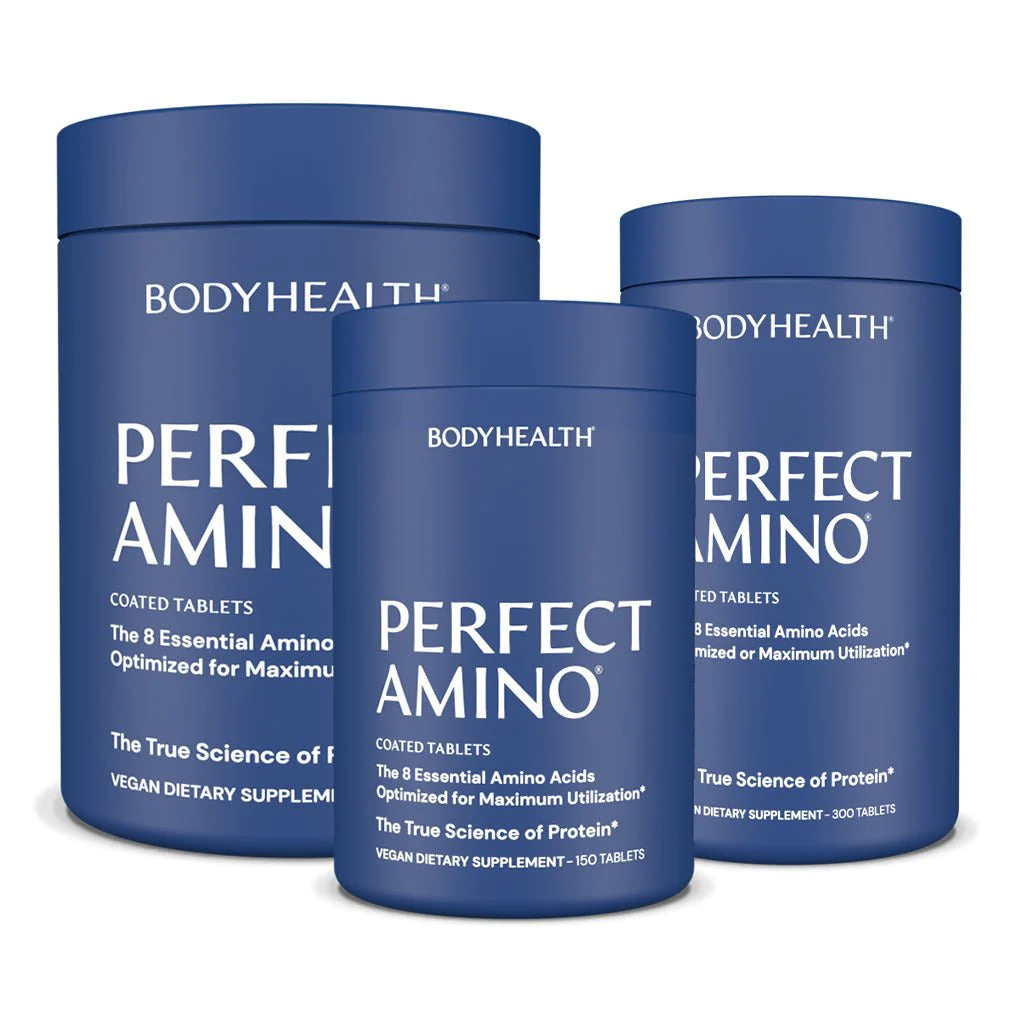
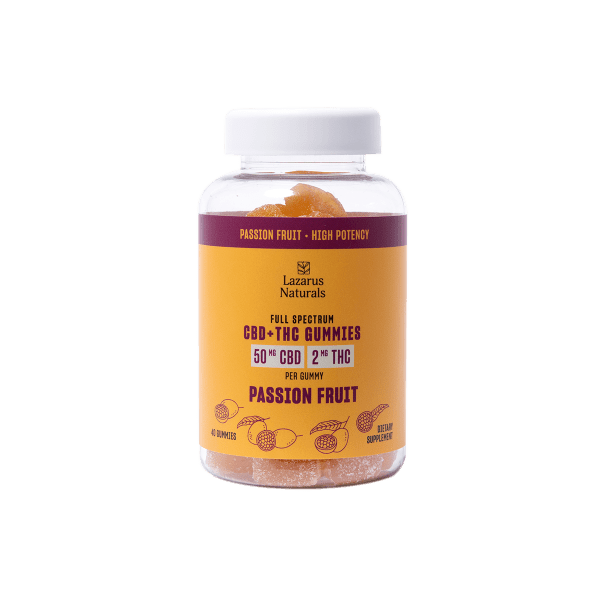


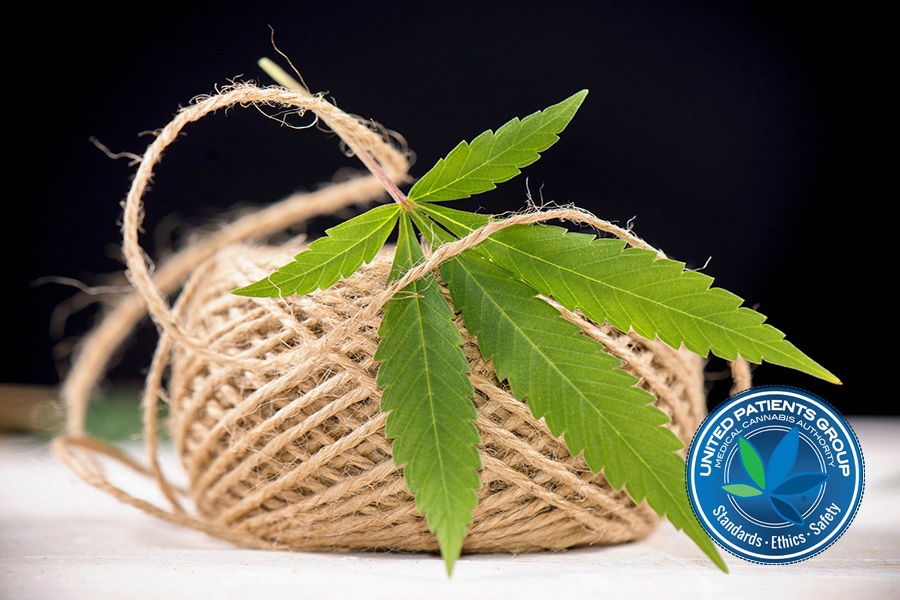

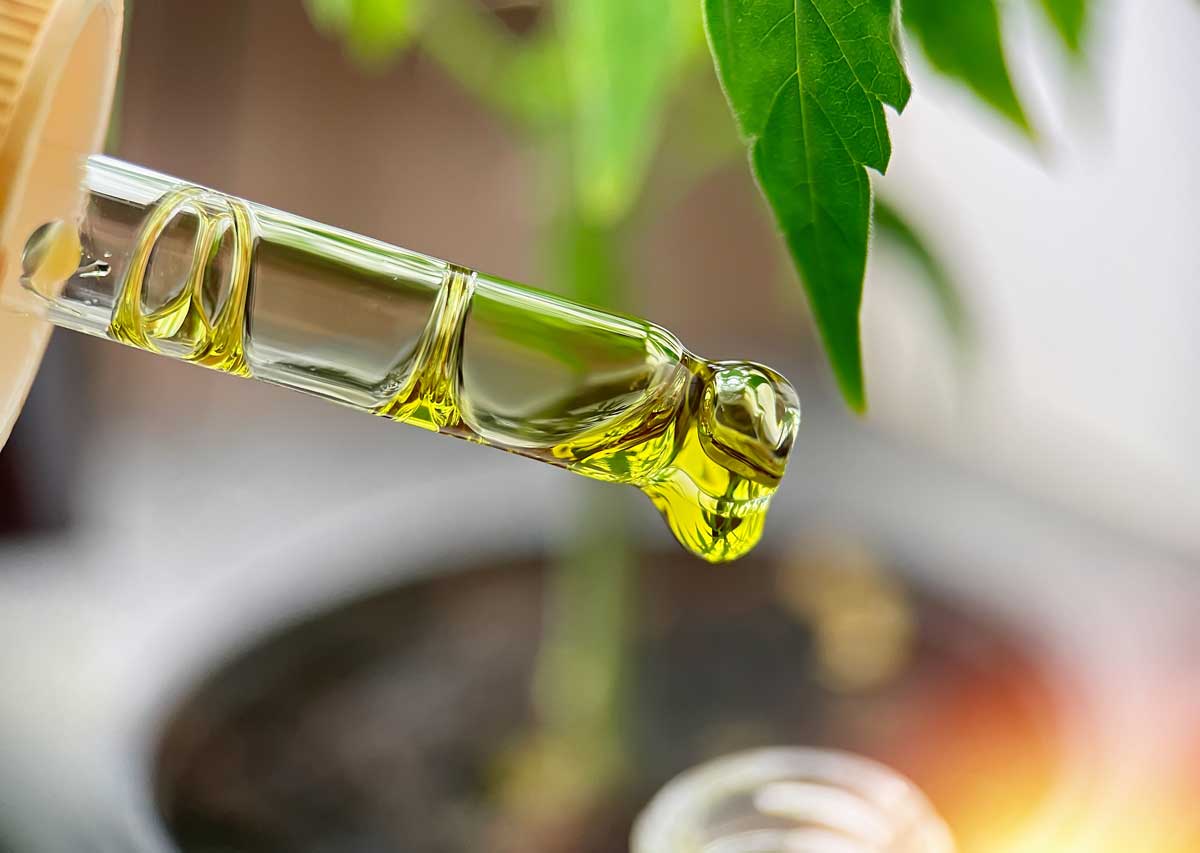


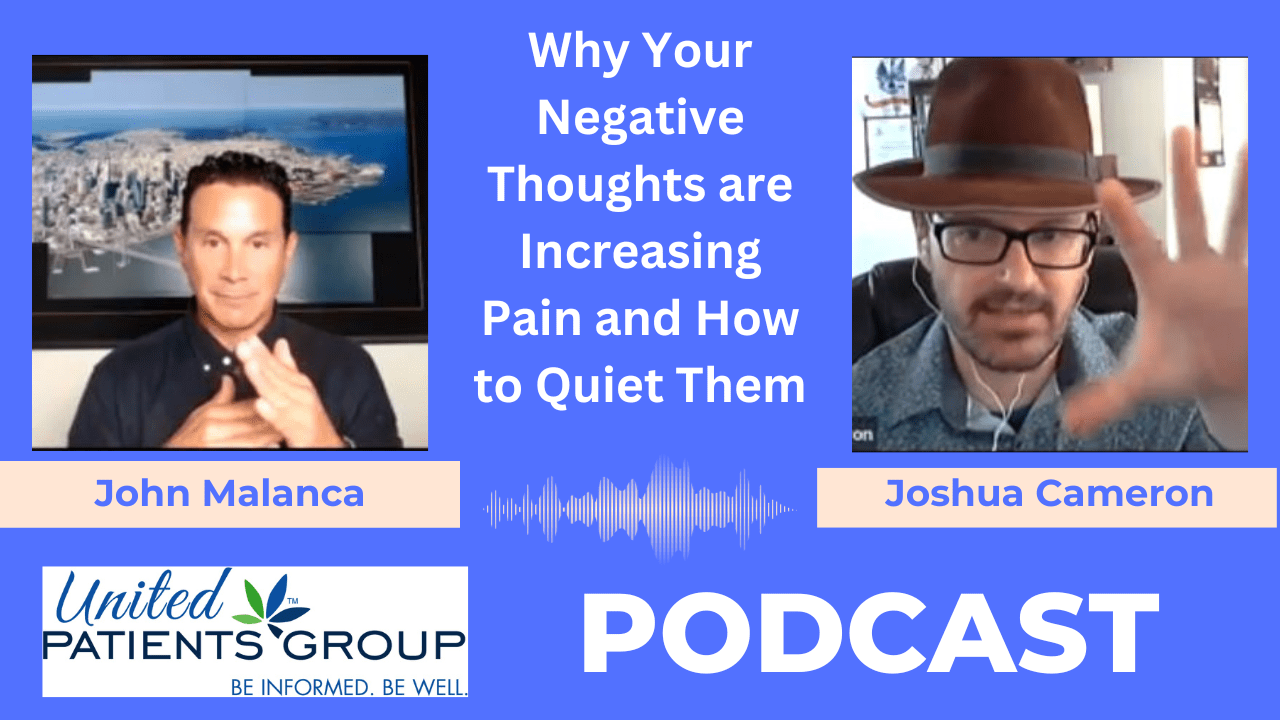

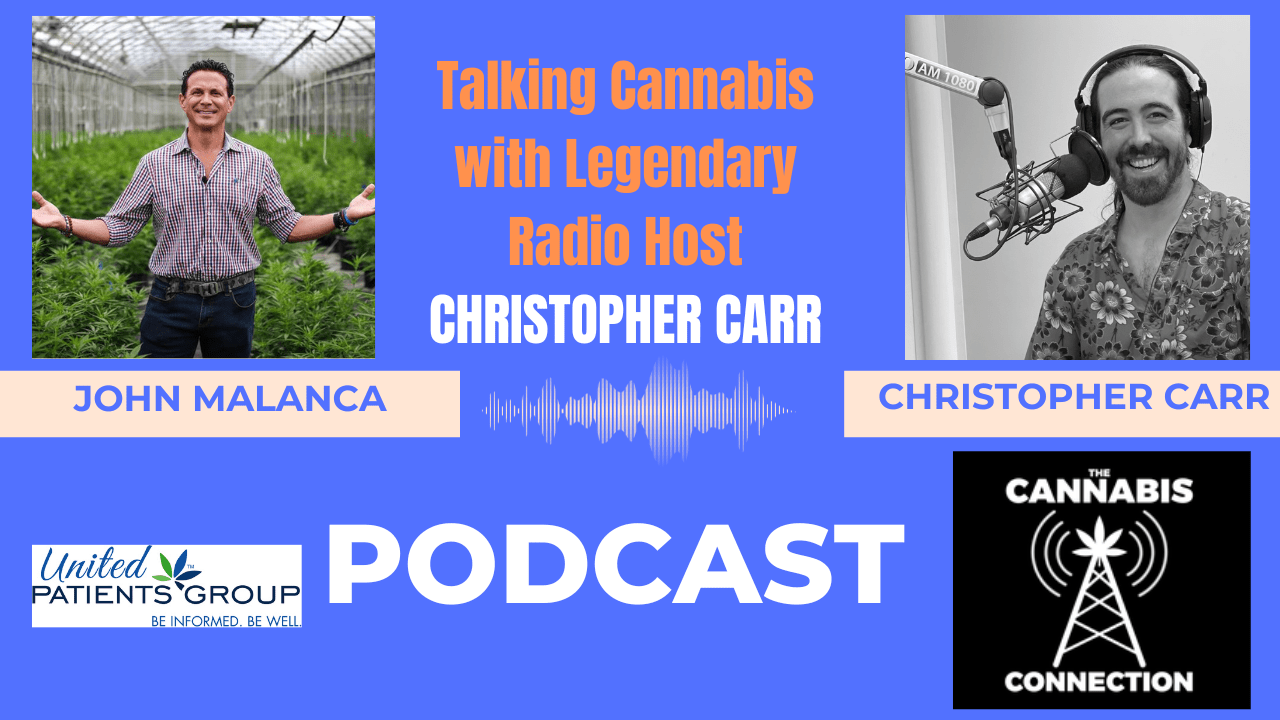





















I enjoyed this article because it talks about the real factors in choosing the right meds for a person. I suffer from depression and anxiety and use medical marijuana for vertigo and dizziness. Indica is a big NO NO for me as it puts me in a very depressed mood. Other people who are not familiar with the two strains do not know that not all types make you depressed. I usually only get hybrids that are recommended by a bud tender and other experts. I am pleased to see there are more strains out there that are better able to feed the need for specific ailments.